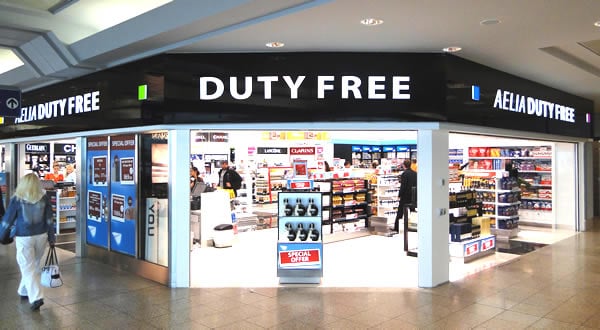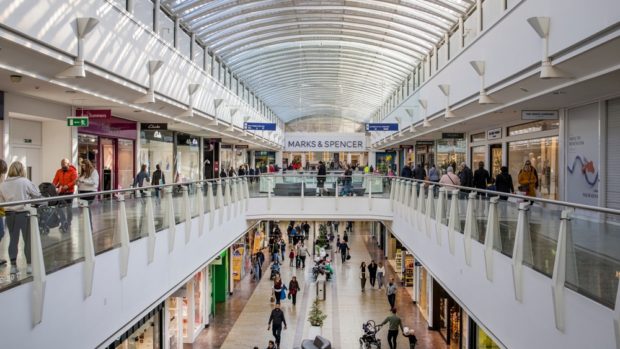
Despite the Government refusing to overturn the abolition of the duty-free shopping for tourists in the Spring Budget, now half (50 per cent) of UK consumers want the scheme to be reinstated, according to the latest research from Retail Technology Show.
Original research of over 1,000 shoppers by the RTS revealed half (50 per cent) of consumers think the Government should reinstate VAT- or duty-free – shopping for tourists to encourage retail spend by those visiting the UK and support the retail sector.
The VAT Retail Export (VAT RES) scheme, which previously allowed tourists from outside the EU to claim back VAT on goods brought in the UK – effectively making them 20 per cent cheaper – was abolished by the then-Chancellor, Rishi Sunak, in 2020.
With RTS’s poll showing that 62 per cent of consumers in London, one of the major cities and tourism hubs impacted by the removal of the scheme, would back a return to VAT-free shopping for tourists, data from the New West End Company showed that 92 per cent of retail, hospitality and leisure businesses in the capital have been impacted by the loss of VAT RES. Its data suggests that the impact of removing tax-free tourist shopping is increasing the burden on West End businesses alongside with other pressures including the cost-of-living and inflation (both 58 per cent).
While the Government did consider a rethink, asking the Office for Budget Responsibility (OBR) to review the policy ahead of the most recent Spring Budget in March this year, Chancellor Jeremy Hunt declined to restore tax-free shopping for overseas tourists following the review, prompting backlash from retail businesses and industry bodies.
The Association of International Retail (AIR) estimates that scrapping the duty-free shopping for tourists has already cost UK retailers £1.5billion in spend due to tourists opting to holiday (and shop) in other countries. Meanwhile Walpole, the industry body that represents the UK’s luxury retail industry, suggests reinstating the VAT-relief for holiday shoppers would add £4.1 billion pounds to the UK economy.








Share